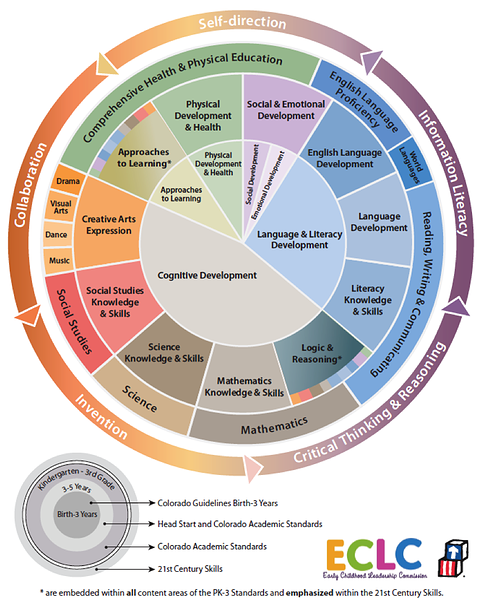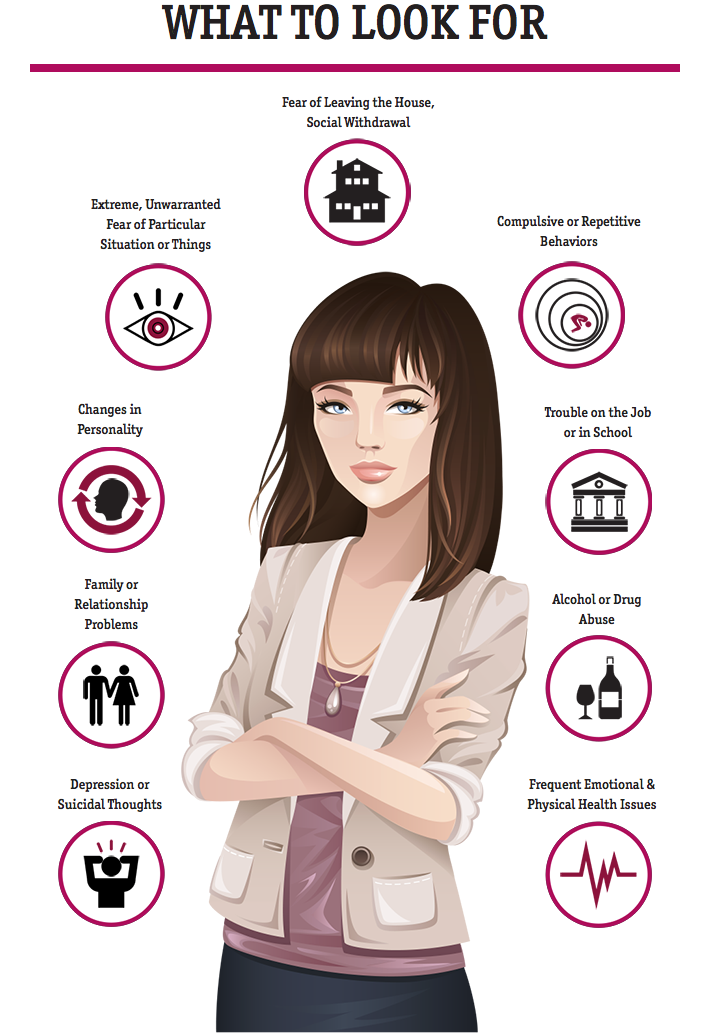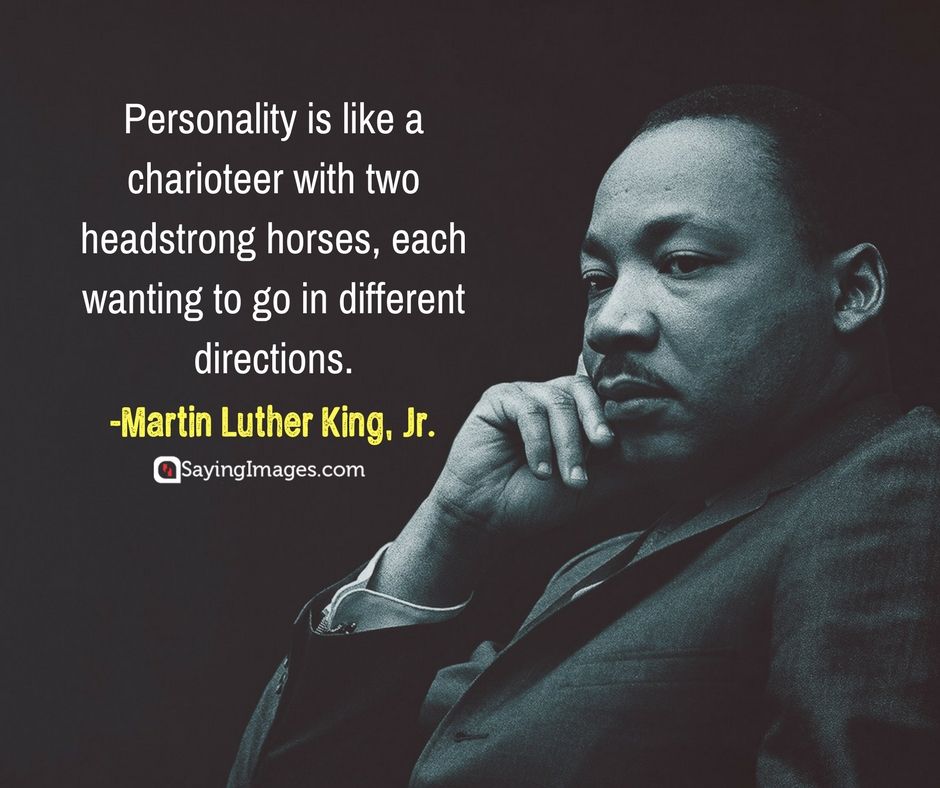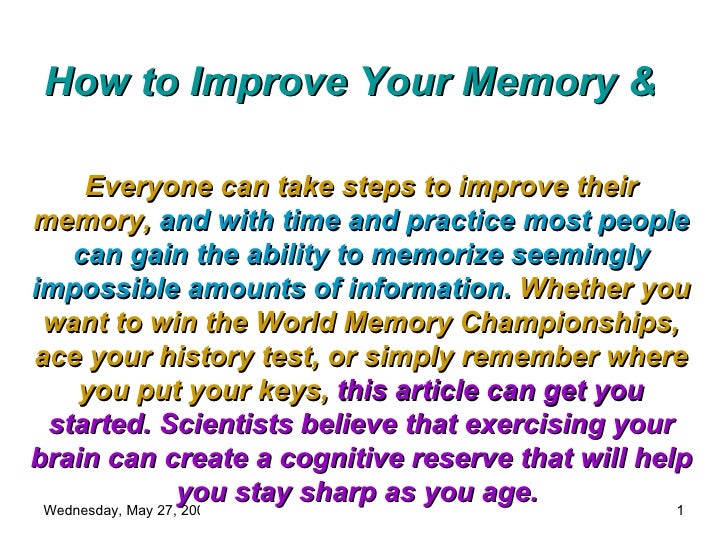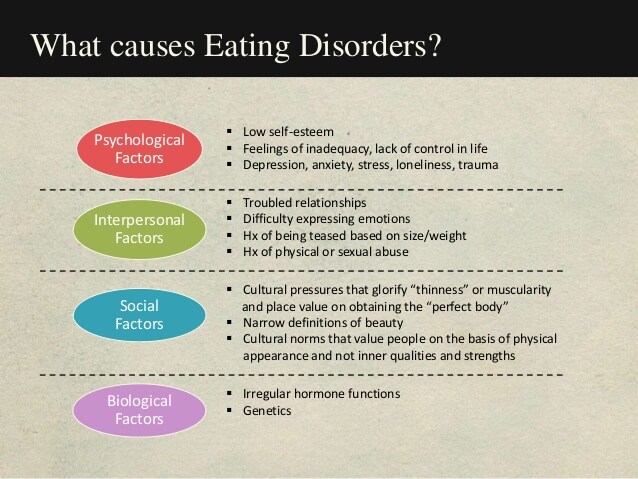Overcoming trust issues from past relationships
Do I have trust issues? Getting over trust issues in a relationship
Trust issues are characterized by fear of betrayal, abandonment, or manipulation. And this fear is often triggered as a result of betrayal (such as infidelity), abandonment (think: leaving a child or foregoing a relationship with them), or manipulation (for example, dishonesty or gaslighting).
If you’re reading this, it’s possible that someone you trusted — a partner, a parent, or even a doctor — mistreated you or let you down. And as a result, you struggle to trust others. Or, in other words, you have trust issues.
Many people can pinpoint the event or relationship in question, but others struggle. And most (if not all) struggle to overcome their trust issues. However, it isn’t impossible. If you’re struggling with trust issues, you can work to trust again by following a few steps. But first, let’s start from the beginning: What exactly is trust?
What Is Trust?Trust is the belief in the reliability and truth of another person. It’s how we subjectively measure the integrity and honesty of others — those who can be counted on to do what is right. However, sometimes we aren’t certain who to trust, how much to trust, and when not to trust.
To recap what we said earlier: When someone has trust issues, they have an extremely difficult time trusting others — and often because someone has betrayed their trust in the past. Here are additional signs and symptoms of trust issues:
- They assume betrayal. Those with trust issues assume someone has betrayed their trust even if they have no rightful reasoning.
- They anticipate betrayal. People with trust issues often assume someone will betray them soon enough, despite how honest they have been in the past.
- They’re overly protective. Those with trust issues are usually very protective of their loved ones, out of fear that they will become disloyal.

- They distance themselves from others. People with trust issues decide it’s best to limit their relationships to avoid betrayal or abandonment.
- They avoid commitment. No matter how much they care for someone, people with trust issues refuse to commit.
- They refuse to forgive (even the smallest mistakes). Those with trust issues are quick to make a big deal out of nothing — it’s the end of the world if someone makes the slightest mistake.
- They’re excessively wary of people. People with trust issues are extremely cautious and suspicious of everyone they meet.
- They feel lonely or depressed. Those with trust issues isolate themselves from others and feel lonely or depressed as a result.
Earlier, we said that trust issues are often caused by an act of betrayal, abandonment, or manipulation. But what are the most common examples of these wrongdoings that lead to trust issues?
But what are the most common examples of these wrongdoings that lead to trust issues?
- Infidelity: Again, infidelity is an example of betrayal that can trigger trust issues. Many people view this as the ultimate form of betrayal. While it’s possible to repair a relationship after infidelity, often the relationship ends and the victim of the infidelity develops trust issues, which impact future relationships.
- Manipulation or mistreatment: If a past partner or loved one manipulated or mistreated you, you’re also at an increased risk for trust issues. Examples include dishonesty, gaslighting, passive-aggressive behavior, and keeping you isolated from others.
- Childhood trauma: Adverse experiences in childhood are also likely to cause trust issues. Examples include abuse or abandonment (by one or more caregivers).
- Other forms of trauma: Trauma later in life can also lead to trust issues.
 For example, you might struggle to trust healthcare professionals because of a firsthand or secondhand traumatic experience with a previous doctor. Think: Getting misdiagnosed with a serious illness.
For example, you might struggle to trust healthcare professionals because of a firsthand or secondhand traumatic experience with a previous doctor. Think: Getting misdiagnosed with a serious illness. - Parental divorce or conflicts: If you have divorced parents, you may also be more likely to develop trust issues, especially in your romantic relationships. On the other hand, if your parents argue(d) a lot and you’ve witnessed an up and down relationship, you might’ve developed trust issues as a result.
Once someone experiences a betrayal, their trust issues may impact their ability to avoid internalizing that experience—they may blame themselves, and feel less confident in the future. This can impact their ability to trust because they may feel “undeserving”, and instead of fostering a healthy connection, a person with trust issues may be constantly on guard, waiting for the other shoe to drop, so to speak.
The Importance of Trust in Romantic RelationshipsIn most cases, our romantic relationships suffer the most from our trust issues — whether they’ve resulted from betrayal in a former romantic relationship or not. Why? Intimate relationships are based on honesty and openness. The trust that partners have in each other is the glue that binds the relationship, providing a positive emotional connection that’s rooted in affection, love, and loyalty.
Why? Intimate relationships are based on honesty and openness. The trust that partners have in each other is the glue that binds the relationship, providing a positive emotional connection that’s rooted in affection, love, and loyalty.
A common cause of trust issues is infidelity. If a partner in a relationship has an affair, the deception and betrayal of trust can be more damaging than the actual affair. The lying erodes the belief in the other person, and the reality is that the partner has another aspect of their life that they’ve kept secret. A person who didn’t develop trust as a child will feel especially vulnerable to infidelity and deception by somebody they loved.
Is Having Trust Issues a Mental Illness?Having trust issues as a singular issue isn’t a mental illness. However, it can be indicative of an actual mental health condition, particularly:
- Anxiety disorders, especially PTSD
- Borderline personality disorder (BPD)
- Paranoid personality disorder (PPD)
- Bipolar disorder I or II
These conditions may cause trust issues in relationships because of the way certain cognitive distortions, irrational beliefs, or mood swings may unrealistically change someone’s perception of reality and interpersonal relationships. What can be particularly damaging, though, is when a person with a mental health condition that causes trust issues is hurt by a loved one’s deception. This can affirm their negative bias and make it even harder to emotionally and socially connect with other people, even if they desire to do so.
What can be particularly damaging, though, is when a person with a mental health condition that causes trust issues is hurt by a loved one’s deception. This can affirm their negative bias and make it even harder to emotionally and socially connect with other people, even if they desire to do so.
Pistanthrophobia is the fear of trusting people or forming significant relationships with them. While it’s not a recognized mental health condition in the DSM-5, pistanthrophobia, like other phobias, causes significant mental and emotional distress and usually detracts from the sufferer’s quality of life in a significant way.
Are Trust Issues a Red Flag?Trust issues can be a sign that someone has experienced a significant amount of trauma — but that doesn’t mean that they aren’t working through their past experiences. Trust issues in a relationship can be hard for both partners to overcome, but with adequate support and communication channels, people with trust issues can have healthy, successful connections with partners — that aren’t ruled by their past.
Dialectal behavior therapy (DBT) is an effective treatment method for people who are noticing continued trust issues in relationships. So for those wondering how to fix trust issues, finding a mental health professional that they can connect with and receive DBT from is the first place to begin. Partners can also benefit from couples or marriage counseling, where they’ll learn new ways to empathize, communicate, and resolve differences and conflicts.
But even before beginning counseling or another form of mental health treatment, there are smaller, personal ways in which someone with trust issues in a relationship can begin to find healing.
How to Get Over or Overcome Trust Issues: 8 TipsKnowing how to fix trust issues isn’t always simple. If you have trust issues and it’s hindering your ability to build happy, healthy relationships or it’s hindering your life in another way, then it’s time to make a change.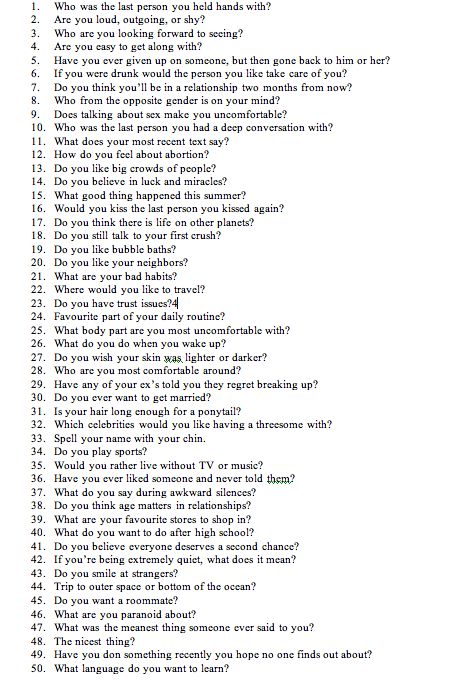 Follow these steps if you’re wondering how to fix trust issues and take your relationships to the next level.
Follow these steps if you’re wondering how to fix trust issues and take your relationships to the next level.
None of us are perfect — we let people down. Therefore, you must accept the risk that comes with trusting; the reality is that you’re going to be let down at some point or another. But that doesn’t mean your relationship with that person is or should be over. It’s about setting and communicating the right expectations as well as boundaries.
2) Learn how trust works.Some people trust until they have a reason not to — others don’t trust people until that trust is earned. It’s up to you if and when you choose to trust someone. It’s perfectly okay to wait for someone to earn your trust before deciding you can rely on them. Especially if you’re recovering from past betrayal.
3) Take emotional risks.At some point, you’ve got to just jump in head-first. Allow yourself to be vulnerable and choose to trust (whether it’s at the beginning of a relationship or after they’ve earned your trust).
Remember, trust issues often stem from a past betrayal. If you aren’t sure why you have trust issues, do some soul-searching. Think about any past experiences that may have caused your trust issues. It’s crucial that you understand why you’re scared and what you’re scared of, so you can move on. If you need help doing this, consider working with a counselor.
5) Communicate honestly and often.Poor communication is one of the main reasons that marriages and other relationships deteriorate. Do your part, and continue to be honest with the people in your life. Also, talk to them about your hesitancy to trust.
6) Be mindful of your relationships.Each one of your interactions works to build trust. Start tuning into these interactions and consider why someone (whether it’s your new doctor, partner, or co-worker) might deserve your trust.
7) Consider those you do trust and express your appreciation.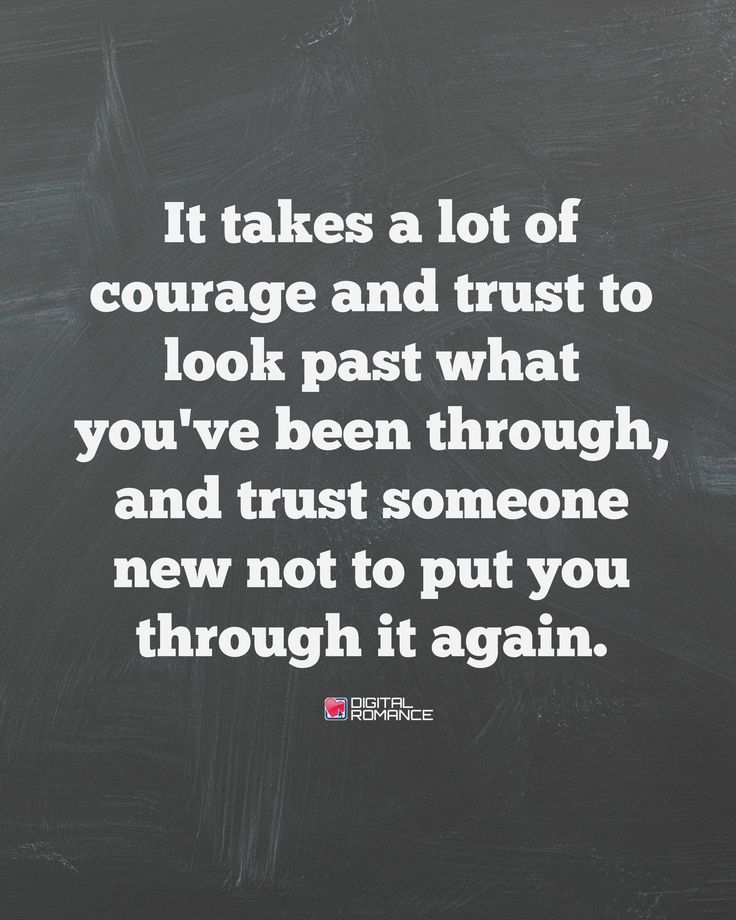
Friends and family members who have always been there are easy to take for granted unless you make a conscious effort to show them your appreciation. When you have a problem, those are the people you can trust to be a support network. In addition, you can learn a lot about who, what, why, and how you trust from these relationships.
8) Try and trust again.If you fail and resort back to distrusting tendencies, try again. Trust again. Keep putting yourself out there.
How to Deal With Trust Issues
How to Deal With Trust Issues
The Love, Happiness & Success Podcast with Dr. Lisa Marie Bobby
Music Credits: Monk Turner + Fascinoma, “Trust (Is Just A Word)”
How to Deal with Trust Issues
Having “trust issues” can be a good thing. It takes a long time to get to know people, and not all people are trustworthy. Part of having healthy boundaries is practicing discernment. When you figure out who is emotionally safe for you (and who isn’t) and then act accordingly, you are helping your own personal growth to develop.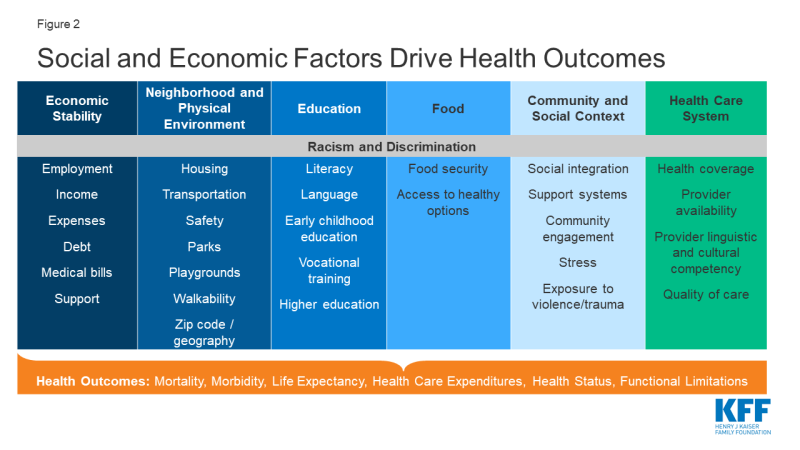
What Are Trust Issues?
You might think that people have “trust issues” related to a partner who has betrayed them in the past. This a reasonable assumption: many people wouldn’t trust someone after they’ve been betrayed and their trust has been damaged.
However, having doubts in a relationship where trust has been broken is not an “issue.” It’s a normal, healthy response to be suspicious of someone who may not be trustworthy. (As evidenced by past experiences.) Repairing trust in a relationship is an entirely different thing than having “trust issues” that you carry around with you.
Please check out “Sorry’s just not good enough: How to repair trust,” and “Repairing Trust After Infidelity” for more on this topic.
There’s a distinction between broken trust and the trust issues I’m going to talk about today. I will talk about feeling mistrustful or not feeling safe in a relationship even if nothing terrible has happened.
Learning how to deal with trust issues and insecurities in a relationship in which nothing bad has happened is challenging. Having these types of trust issues are also really common.
Having these types of trust issues are also really common.
These are the signs you should watch out for to recognize whether or not you have some trust issues to work on:
- You’ve been hurt or betrayed by people in the past.
- You doubt your partner despite the absence of betrayal.
- You often question if your partner is trustworthy or is telling the truth.
- You are extra-vigilant for any signs of lying, cheating, and concealing.
- You perpetually feel anxiety or insecurity about your relationship.
People With Trust Issues
Someone with trust issues will often have feelings of anxiety, worry or doubt about their relationship. This can result in big feelings, and attempts to get more information from your partner (which can wind up feeling to them like they’re being accused of something they didn’t do). For example, a mistrustful person might ask for additional evidence regarding their partner’s whereabouts or what they were doing… but have a hard time believing anything their partner says.
If their partner can explain their whereabouts, or provide reassurance, that additional information might temporarily soothe the anxiety or insecurity, but it’s a trap — it doesn’t resolve the underlying cause of trust issues. Even if, in the moment, the explanation or reassurance helps, it’s only a matter of time before you start to worry again.
It’s exhausting.
Unfortunately, the constant cycle of worry – requests for information / reassurance – temporary soothing – more worry is exhausting for your partner’s emotional health too. If you have trust issues it feels like you’re always asking for reassurance that you’re emotionally safe. But your partner may feel like nothing is ever enough, and that they are not emotionally safe with you. It turns into a negative pursue / withdrawal relationship cycle that just keeps spiraling down.
Trust Issues in a Relationship
There is a difference between healthy caution and strong boundaries, and persistently feeling anxious about your relationship even after your partner is showing you they are trustworthy and emotionally safe.

Trust issues — if not dealt with and worked through — will eventually damage a relationship. Someone with trust issues will be worried most, if not all, of the time, which will place a great deal of pressure and strain on the relationship. This negatively impacts communication and emotional safety for both partners.
If you’re in a relationship with someone who has trust issues you may feel like:
- You are walking on eggshells.
- Your partner is always upset with you.
- Your partner doesn’t respect you enough to trust you.
- You feel exhausted from having to provide constant reassurance or affection.
Over time, if your partner has unresolved trust issues you may begin to view them as being excessively needy or demanding. The problem is that without lots of reassurance, the mistrustful person might think that you don’t love them, or that you’re doing something behind their back, or that you are angry with them.
If you are in a relationship with someone who is always thinking bad things about you, you aren’t going to feel loved, respected, or trusted. The relationship will stop feeling emotionally safe for you as a result.
The relationship will stop feeling emotionally safe for you as a result.
Over time, you will feel yourself withdrawing emotionally — a self-fulfilling prophecy of your anxious partner’s worst nightmare come true!
How to Deal With Trust Issues and Insecurities
Trust issues will not heal or go away on their own. You need to actively address them. The first step is to recognize that unresolved trust issues are damaging your relationship. Therapy for trust issues is particularly useful if you become aware of longstanding patterns of feeling anxious or insecure in your relationships.
If you decide to pursue therapy to resolve trust issues, you should be sure that your therapist knows how to handle this type of relationship problem. Ask your prospective therapist these questions:
- Why do you think people have trust issues?
- What is your process for helping someone overcome trust issues?
Your therapist should provide you with a coherent answer and explain it in ways that make sense to you.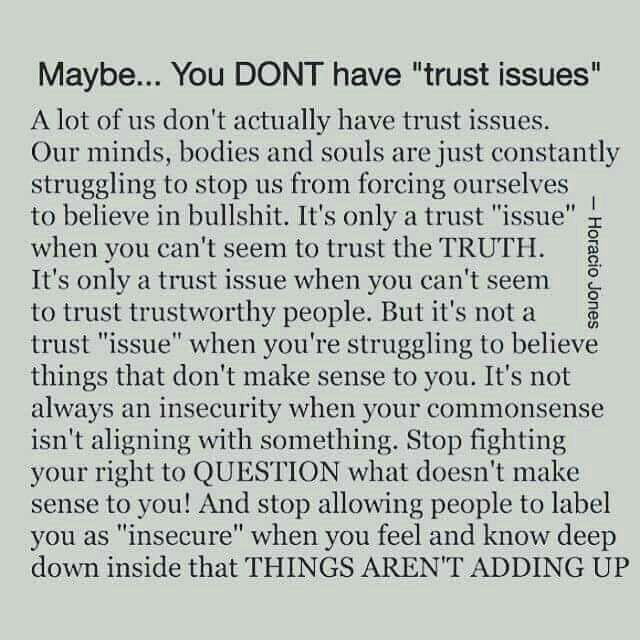 In particular, a therapist with a background in attachment theory, emotionally focused couples therapy and / or cognitive behavioral therapy can help.
In particular, a therapist with a background in attachment theory, emotionally focused couples therapy and / or cognitive behavioral therapy can help.
Relational Trauma + Attachment Styles
Sometimes people develop trust issues after having had bad experiences in past relationships. It can be helpful to understand these past experiences as a “little t trauma” that needs to be resolved and healed.
Other times, particularly if trust issues are longstanding, you may discover over the course of individual therapy that the cause has more to do with your attachment style than with one specific “relationship trauma.”
What are attachment styles?
Attachment styles are the ways we relate to others that we developed through our early life experiences.
Most people are generally secure in their attachments to others. They trust people until given a reason not to do so. However, people whose earliest relationships were not always safe or consistent can develop “protective” attachment styles.
- Avoidant Attachment Style — You can become overly critical of others or actively reject other people. Avoidant people don’t trust anyone enough to get close to them and think they don’t need anyone.
- Anxious Attachment Style — People with an anxious attachment style feel insecure and doubtful of their romantic partners and may need extra reassurance. They might also unconsciously anticipate rejection. This anticipation isn’t something they consciously do.
Even people who are generally or were formerly secure in their relationships can exhibit qualities of the above attachment styles after having experienced a relationship trauma, which is wholly natural and valid. Particularly after ending a toxic relationship, you may need to heal and recover to feel safe in your relationships again going forward.
Why Do I Have Trust Issues?
If you’re reading this and beating yourself up because you may have trust issues, it’s time to stop. Having self-compassion and understanding that there is a reason you feel the way you do is the first step of healing.
Having self-compassion and understanding that there is a reason you feel the way you do is the first step of healing.
Being compassionate with yourself cultivates healthy self-awareness, and this is vital. Without awareness of your trust issues, you may find yourself becoming hyper-vigilant and suspicious of your partner. Instead, the work ahead of you is learning how to provide yourself with soothing and reassurance to manage your anxiety in relationships.
How to Heal Trust Issues
To heal trust issues, you need an understanding of what’s going on inside your head, self-awareness, and compassion for yourself. People with trust issues have experienced relational trauma, and it would help both partners if they understood that these feelings are real and normal. However, their feelings are not related to the current relationship.
If you have trust issues, you need to learn how to manage your anxiety and respond to your triggers effectively. Having individual therapy or relationship counseling can be helpful. Be kind to yourself, your partner, and your relationship by taking responsibility for your feelings.
Be kind to yourself, your partner, and your relationship by taking responsibility for your feelings.
How to Overcome Trust Issues
Here are a few resources that can support your work to overcome trust issues.
- Go through a process of evidence-based cognitive behavioral therapy with someone who understands relational trauma and attachment styles.
- Take online courses, such as our Happiness Class. It will not explicitly resolve your trust issues, but it will set your expectations.
By undergoing therapy, you can reprocess your relational trauma, learn how to handle your anxiety, and know your triggers. These things will lead to a healthier relationship and set you on the path to healing.
Just remember, that this type of healing can be quite slow. It’s important to be committed to the process of therapy. Especially if you’ve had trust issues for a long time (or trust issues that stem from early life experiences) this is not going to go away overnight.
But you can learn to understand them, manage them, and cultivate safety and security in your most important relationships.
For now, I am wishing you all the very best on your journey of growth and healing.
Dr. Lisa Marie Bobby
Grow, Together.
Our authentic relationship experts know how to help you learn, grow, and move forward into a bright new chapter.
Get connected
Trust Issues In Your Relationship? Here’s What to Do
If you’ve ever felt insecure in a relationship or found it difficult to trust your partner, and thought to yourself, “I think I have trust issues…” today’s episode of the podcast is for you.
Listen: I know from years of experience as a Denver therapist, marriage counselor and relationship coach that being wary of others after being hurt is normal and healthy — at least to a degree.
In my opinion, having “trust issues” can be a good thing. It takes a long time to get to know people, and not all people are trustworthy. Part of having healthy boundaries is practicing discernment: figuring out who is emotionally safe for you (and who isn’t) and then acting accordingly.
Part of having healthy boundaries is practicing discernment: figuring out who is emotionally safe for you (and who isn’t) and then acting accordingly.
If you’ve been burned in the past, it’s normal to feel twinges of anxiety as you become increasingly vulnerable with a new person. You’re still getting to know them and figuring out whether or not they’re trustworthy. Let’s not label healthy apprehension as problematic “trust issues” that need to be eradicated. It’s your emotional guidance system’s way of being protective of you, and telling you to slow down and take your time to get to know people.
How to Deal With Trust Issues
Being compassionate with yourself cultivates healthy self awareness, and this is vital.
Particularly if you’ve been hurt in past relationships, it’s absolutely normal to have “trust issues” that need to be worked on in your new relationship.
But here’s the thing to know: There is a difference between healthy caution and strong boundaries, and persistently feeling anxious about your relationship even after your partner is showing you they are trustworthy and emotionally safe.
If you are in a relationship with someone who is (generally, if not perfectly) kind, emotionally safe, and consistent, and you’re still watching their every move, feeling like an over-caffeinated feral cat ready to run for your life at the slightest twitch… you might have trust issues.
What are trust issues? Having trust issues means that the source of your mistrust and feelings of insecurity are not due to what’s happening in the relationship, but are stemming from unresolved wounds you experienced in past relationships. If you have been hurt in the past (particularly if you’ve survived a toxic relationship) and never really worked through it, you could be with the most honest and trustworthy person in the world and still struggle to trust them fully. Because your feelings of mistrust have nothing to do with them, specifically. You’d carry armloads of anxiety with you into every relationship.
If you’re reading this and thinking, “Yep, that’s me.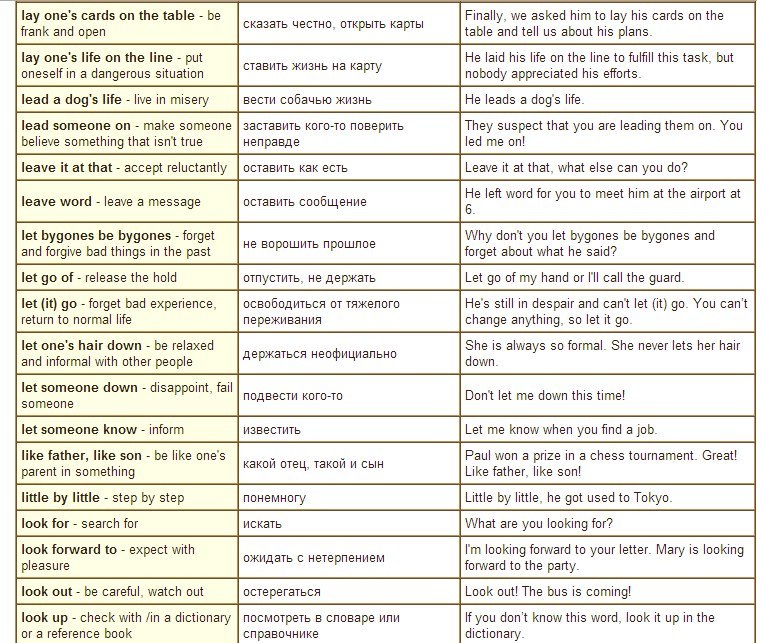 ” [Raising hand] “Right here. I have trust issues.” I’d like you to know that it’s really important that you work on trust issues and not blow them off or live with them for too long.
” [Raising hand] “Right here. I have trust issues.” I’d like you to know that it’s really important that you work on trust issues and not blow them off or live with them for too long.
The reason is that if you have unresolved trust issues in a relationship that run rampant, they can wind up harming your relationships. Even sabotaging them. And as your unresolved trust issues implode your relationships, one after another, it will only create more hurtful experiences and increasingly entrenched “trust issues” for you to work through down the road.
If you’ve become aware that you might have trust issues, especially trust issues in relationships, it’s important to take action to resolve them.
How to Get Over Trust Issues
That’s why on this episode of the Love, Happiness and Success Podcast, we’re talking all about how to overcome trust issues. I’ll be answering questions like,
“What are trust issues?”
“What causes trust issues?
“Why do I have trust issues?”
And most importantly: “How to get over trust issues?”
I will share with you the signs of trust issues. You will also learn how a lack of trust can hurt you, your partner, and your relationship. As a licensed psychologist and relationship coach, I will discuss how you can start overcoming trust issues and start feeling more secure in your most important relationships.
You will also learn how a lack of trust can hurt you, your partner, and your relationship. As a licensed psychologist and relationship coach, I will discuss how you can start overcoming trust issues and start feeling more secure in your most important relationships.
Tune in to the full interview to learn how you can let go of your trust issues to:
- Learn how to overcome trust issues that create problems for your relationship.
- Find out the causes of trust issues.
- Learn how to manage feelings of anxiety in relationships
- Understand how and why you should take responsibility for your emotions and response.
- Know the effects of trust issues on your relationship and partner.
Ready to start? You can listen to this “How to Deal With Trust Issues” podcast on Spotify, on the Apple Podcast App, or scroll down to the bottom of this page to listen to it on GrowingSelf.com. (Or anywhere else you like to listen to podcasts.) While you’re listening to this episode, don’t forget to subscribe to the podcast!
If you’re more of a reader than a listener, keep reading to learn more about about “how to deal with trust issues” and get an overview of what I’m discussing in today’s show…
Listen & Subscribe to the Podcast
How to Deal With Trust Issues
The Love, Happiness & Success Podcast with Dr.
 Lisa Marie Bobby
Lisa Marie Bobby Music Credits: Monk Turner + Fascinoma, “Trust (Is Just A Word)”
Free, Expert Advice — For
You.Subscribe To The Love, Happiness, and Success Podcast
Apple Podcast
Spotify
Lisa Marie Bobby, PhD, LMFT, BCC PhD, LP, LMFT, BCC
Dr. Lisa Marie Bobby is the founder and clinical director of Growing Self. She is a licensed psychologist, a licensed marriage and family therapist, and a board-certified coach, as well as the author of “Exaholics: Breaking Your Addiction to Your Ex Love,” and the host of The Love, Happiness & Success Podcast.
Learn more about Dr. Lisa
Let’s Talk: Start With a Free Consultation
If you’re ready to grow, we’re here to help. Connect with us, and let us know your hopes and goals. We’ll follow up with recommendations, and will help you schedule a first, free consultation.
Get Recommendations
If you’re considering getting involved in marriage counseling, couples therapy, or relationship coaching you probably have questions! Get your marriage counseling questions answered, right here.
Where trust problems come from in relationships and how to get it back
October 11, 2021 Relationship
Apologizing doesn't always make it right, and the process of rebuilding trust can take months or even years.
Strong relationships are always built on trust. It doesn't matter how willing we are to open up to other people. If trust is lost, our inner sense of security is threatened. We begin to doubt ourselves and our partner, his honesty, feelings, motives, actions. nine0003
Lies and secrets affect relationships not only with a partner, but also with family, friends, close people. We start building walls of distrust, hoping to protect ourselves. But this is not the only problem.
How trust problems manifest
Distrust
We find it difficult to open up to others for several reasons.
If a person has experienced betrayal in a past relationship, he may be especially prone to distrust others. Unprocessed anger and pain can make us look for a double bottom where there is none, or subconsciously attract unreliable partners. nine0003
Sometimes distrust starts in the family. If relatives abuse alcohol or drugs, or there are a lot of secrets in the family about which they lie and are silent, the child may stop trusting not only parents, but also his own understanding of reality.
Usually dad and mom don't talk about what's going on in the hope of protecting the children. But everything is quite the opposite - a lie confuses a child who feels that adults are not saying something.
Sometimes parents deliberately hide the truth, trying to impose their own vision of the situation or hide guilt and shame for what happened. Some fathers and mothers may even blame children for family failures. Such situations further undermine the child's trust in the world around him. nine0003
nine0003
At the same time, even the most seemingly small things can negatively affect the understanding of trust — when parents do not keep their promises, do not pick up the child from kindergarten or school on time, and come up with a constantly changing system of punishments.
Indifference, betrayal in the family, physical or emotional abuse - all this also undermines the inner sense of trust in the world.
Excessive trust
The encounter with abuse and psychological trauma lead not only to distrust, but also to excessive trust. Some people even experience both of these scenarios. nine0003
There are other factors that cause a person to trust others too much, and which can manifest themselves both separately and together. Among them are the idealization of a partner, dependence on relationships or the desire for them to be trusting.
Despite the fact that the family can seriously undermine trust, the childish desire to open up to others does not go anywhere. This subconscious yearning for truly meaningful relationships leads the person to project trust onto the wrong people in an attempt to create an almost familial feeling of intimacy. nine0003
This subconscious yearning for truly meaningful relationships leads the person to project trust onto the wrong people in an attempt to create an almost familial feeling of intimacy. nine0003
Add to this relationship addiction and a desire for care, and here we are already denying obvious arguments and signals and doing our best to continue to believe in a person who constantly undermines our trust.
In addition, when parents deny the reality of the child, he ceases to pay attention to his feelings and intuition. All this leads to excessive trust, especially in relation to loved ones.
How to regain the trust of a loved one
Unfortunately, you can't go into the past and change family relationships. But if we have betrayed or violated the trust of a person dear to us, it is still possible, although difficult, to turn the tide. The main thing is to approach the issue as gently and accurately as possible. nine0003
Broken trust cannot be restored by simple apologies, and explanations and excuses can even worsen the situation. There are seven steps you can take to try to rebuild a close relationship:
There are seven steps you can take to try to rebuild a close relationship:
- Listen carefully to your partner.
- Let his feelings go through you.
- Ask what can be done to never betray his trust again.
- Try to do everything possible to regain the trust of a loved one.
- Take responsibility for your actions: do not blame others and do not ignore problems. nine0048
- Sincerely apologize.
- Continue to have an open and honest dialogue.
The last point is especially important. It is worth asking your partner how best to make amends and what to do so that this situation does not happen again. These questions will help your loved one feel that their emotions and needs are being respected.
When it comes to serious betrayal, you will have to discuss the relationship and decide if it can be saved and how to do it.
If it is not possible to restore trust through dialogue, the problem recurs, or the matter concerns infidelity, it is worth contacting a specialist. It will help partners open up to each other and find the source of the problem. Seeking help outside of a relationship is not a weakness. On the contrary, it shows a willingness to work on the union and strengthen it. nine0003
It will help partners open up to each other and find the source of the problem. Seeking help outside of a relationship is not a weakness. On the contrary, it shows a willingness to work on the union and strengthen it. nine0003
Loss of trust is a real test for a relationship. At first, it may seem that the partner has forgiven and everything has returned to normal. In fact, a loved one may still be tormented and worried about what happened. It can take months or even years to fully heal. Be there and help a loved one heal wounds.
Read also 🧐
- 10 tips to strengthen relationships
- How to forgive a loved one and start trusting him again
- Why we don't trust people and should we start
Overcoming trust problems in relationships
Do you feel that you cannot trust your partner or does he not trust you? Trust issues in a relationship can trigger a real crisis and possibly even spell the end of your relationship. One of the easiest ways to build trust is to communicate differently with your partner. Talk to each other more and be prepared to be open to each other. Often, trust issues arise from their own insecurities. In this case, you should work on your confidence and do more for yourself. If you are unable to trust your partner due to a history of serious trauma, then you should consider therapy to deal with your issues. nine0003
Talk to each other more and be prepared to be open to each other. Often, trust issues arise from their own insecurities. In this case, you should work on your confidence and do more for yourself. If you are unable to trust your partner due to a history of serious trauma, then you should consider therapy to deal with your issues. nine0003
Part 1
Work on your communication
1. Stop monitoring your partner's activities. You may find it difficult to give your partner space. Learn to step back a little. Even if it scares you, it shows your partner that you would like to trust him.
· Just try to let go, trust and see what it's like.
· Let your partner know that you want to consciously trust him.
· If you follow your partner, it means that you fundamentally do not trust him. As a result, you may completely overestimate or misinterpret any small find.
2. Talk openly with your partner. If you can talk openly about things, it will be easier for you to deal with trust issues. Communicate clearly without making the other person feel like something is being hidden from them so that your communication improves and trust grows. If a situation bothers you, express your concerns and explain why they bother you. Let your partner respond and listen patiently. nine0003
Communicate clearly without making the other person feel like something is being hidden from them so that your communication improves and trust grows. If a situation bothers you, express your concerns and explain why they bother you. Let your partner respond and listen patiently. nine0003
· For example, instead of worrying about what your partner does when he goes out alone, talk to him openly before he leaves and get an idea of where he is going and what he is doing there. Get used to these open conversations.
· Talk to your partner calmly and kindly. If you accuse or yell at him, he will just be defensive and won't want to talk to you.
3. No charges. Mutual accusations only aggravate the situation when your trust in each other has already been undermined. If you find it difficult to trust each other, be especially careful not to blame each other. Instead, listen consciously and carefully. Ask each other questions instead of guessing. nine0003
· There will always be times when you feel that something is wrong. However, if this is the case, you should reconsider your approach and do some research before you let your imagination slip away with you.
However, if this is the case, you should reconsider your approach and do some research before you let your imagination slip away with you.
· For example, if you see your partner secretly texting, say, “It's a little weird that you leave the room when you're texting. Can you explain to me what this means? " This will probably work better than "I'm sure you're hiding something from me. I just can't trust you!"
4. Go for a couples consultation. Trust issues can ruin a relationship quite easily. If you and your partner truly care about your relationship and want to get over your issues, a therapist can help you get there. He will ask you to be open about the difficulties you are facing and will help you find new ways to get to know each other. He will support you in active change so that you learn to communicate better and learn to respond to each other in order to build trust. nine0003
· Look for a couples therapist who can take care of you and your partner together.
Part 2
Work on your own insecurities
1. Work on your confidence. If you are uncomfortable with yourself, you may think that you do not deserve your partner or that they will find someone better than you. Understand that this is your own insecurities and has nothing to do with your partner. nine0003
Interesting: Is love necessary in a relationship?.
Increase your self-esteem by acknowledging your strengths, doing things that make you feel good, and turning negative feelings about yourself into positive ones.
· For example, if your inner voice is telling you how ugly you are and that you should be ashamed, instead consciously think about things that make you feel good.
· If your low self-esteem is putting your relationship at risk, you can talk to a therapist. It can help you develop self-esteem and thus strengthen your relationship. nine0003
2. Explore your interests and find new hobbies. Develop yourself as a person, not just as a partner in your relationship. Do you have your own interests and hobbies? they release stress and make you feel good, regardless of your partner. You should do something just for yourself at least once a week.
Develop yourself as a person, not just as a partner in your relationship. Do you have your own interests and hobbies? they release stress and make you feel good, regardless of your partner. You should do something just for yourself at least once a week.
· You can take up a new sport, such as yoga, painting, dancing, hiking or music.
3. Enlist the support of friends and family. nine0086 Talk about your jealousy and trust issues and get feedback. If you need help or advice, talk to someone you trust completely. Even if they cannot help you directly, they can listen to your concerns and encourage you.
· Spend time with friends and family away from relationships. Make time for dinner with your mom, a night out with your best friend, or activities with your siblings, nieces, and nephews.
4. Manage your emotions in a healthy way. nine0086 If you find it difficult to control your fear or jealousy, learn strategies on how to deal with these emotions on your own, without directing them to a partner. If you're feeling stressed, take a deep breath before attacking or distrusting your partner. It calms the body and mind.
If you're feeling stressed, take a deep breath before attacking or distrusting your partner. It calms the body and mind.
· If you have trouble managing your emotions, a diary, music, or a walk can help.
Part 3
Overcoming past traumas
1. Recognize how the past affects you. You may have been very hurt and disappointed in past relationships or in your family, which will affect your ability to trust your current partner. Your wealth of experience is certainly justified, but you also have to accept that it wasn't your current partner who hurt you. If your trust issues are rooted in your previous relationships, you should definitely acknowledge that experience and take a closer look at how it affects your current relationship. nine0003
· It could also be your current partner who hurt you or abused your trust in the past. If so, forgive him and look ahead if you want to continue the relationship.
· If your previous partner cheated on you, you should be especially careful in the following relationships.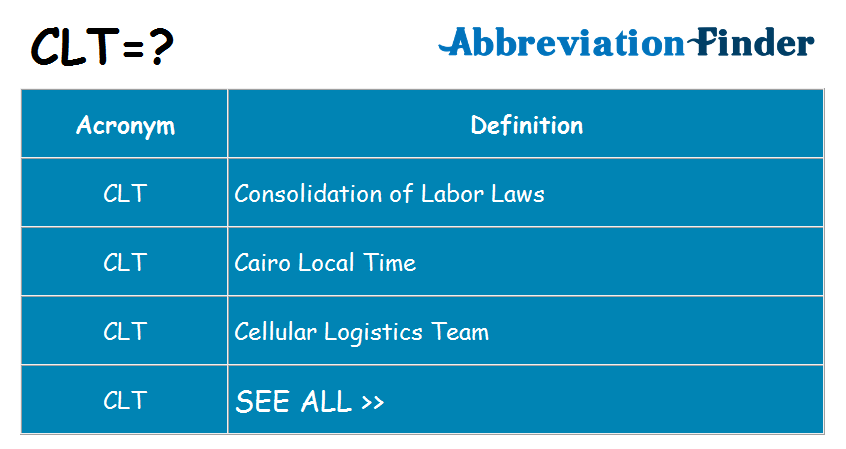 However, don't forget that your current partner didn't cheat on you.
However, don't forget that your current partner didn't cheat on you.
2. Identify your specific trust issues. Take a moment to think carefully about what is causing you problems. Identify behaviors or situations that make you feel bad. Ask yourself if your partner is acting weird, has lied to or cheated on you before, or otherwise gives you reason to question their honesty. nine0003
· If you have no reason not to trust your partner, but you are still worried, remember that you probably doubt your own insecurity.
· If your partner has cheated on you (or you on him), ask yourself if you can let the past go and look to the future.
3. Trust yourself. Perhaps your biggest problem is that you don't trust yourself because you've made poor relationship decisions in the past. Be prepared to let in strong emotions and not rush into something (like having an affair) that you may later regret. Don't shift your insecurities onto your partner. Forgive yourself for your past mistakes and allow yourself to achieve more in the future.
